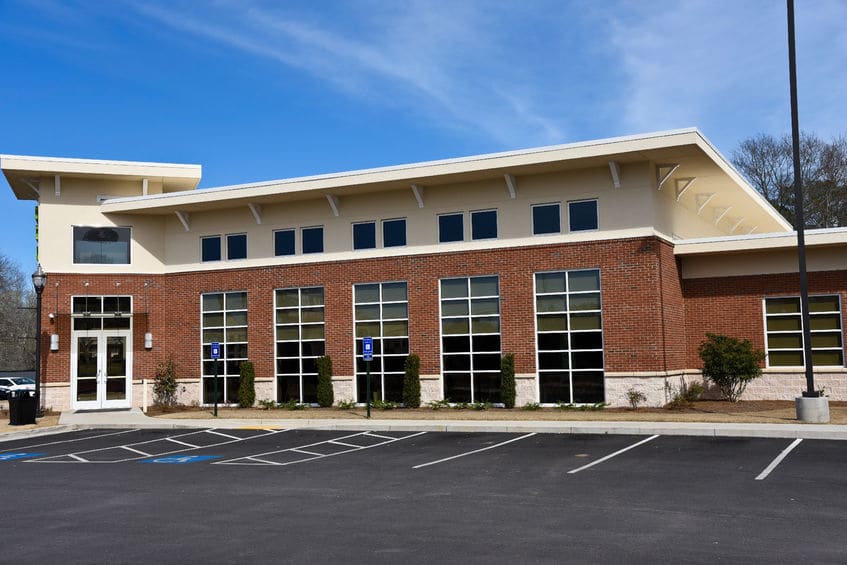
The Importance of Surety Bonds in Construction
Like most businesses, construction involves taking lots of risks. In particular, the industry faces challenges such as material shortages, economic uncertainties, labor-management issues, tools & equipment breakdowns, and many more. When these risks overwhelm the contractors, abandoning, or stalling the project proves to be the only way out.
So, how can you, as a construction project owner, get assurance that the contractors will complete the job regardless of the stumbling blocks along the way? The solution lies in getting surety bonds in construction.
A surety bond is a risk transfer mechanism that provides financial assurance that the contractors will finish the construction project as agreed and budgeted in the contract. Scroll down to discover why your construction business needs bonding.
Who are the Parties to a Bond?
In essence, three parties are usually involved in a construction surety bond. They include:
The Principal
The principal is the party required to provide the surety bond. In a construction project, the party must qualify for the bond’s purchase and payment as determined by the surety company underwriter. Here are some of the reasons why the principal buys a surety bond;
- Full compliance with the contract terms
- Keeping tabs on industry laws and regulations
- Upholding the required ethical standards guarding business practices
The Obligee
The obligee is the party requiring the principal to provide the surety bond. Surety bonds are a must for public construction projects since the taxpayers are usually the financiers of these projects. Government agencies need a surety bond to assure the public that the funds are used responsibly. Other obligees may include private construction project owners, regulatory agencies, or a law court.
The Surety
The surety is the insurance company that protects the obligee against any construction risk. The surety company assures the obligee that the principal will honor every bit of the contract, including quality, law, and ethical standards. If a client makes a claim against the surety bond, the company investigates the claim’s validity, and if found valid, the claimant receives a payout of up to a certain amount.
Does My Business Need to be Bonded?
You bet it does! A surety bond isn’t a preserve for government construction projects only. As a private construction business owner, here’s how you can benefit from a surety bond;
- The surety company takes it upon itself to fulfill the contract in case the contractor defaults.
- The project contractor undergoes an all-inclusive prequalification process to verify whether they can fulfill the contract’s obligations and guarantee that the project will be completed.
- The contractor can get free and knowledge-based technical, financial, and management insights from the surety bond underwriter.
- Surety bonds give you peace of mind since sub-contractors can’t file mechanic’s liens, holding you responsible for unpaid materials or services. Instead, the unpaid suppliers or laborers can direct their claims to the bond, thus relieving you of the risk of financial loss.
- A surety bond also wards the risk of financial loss due to the contractor mishandling or squandering funds meant for the project.
- The surety company provides a platform where project owners can table their complaints or grievances and get assistance.
- Most surety companies usually require a corporate or personal indemnity from the contractors. This significantly increases the chances of a contractor completing a bonded project compared to a non-bonded one.
- A construction project owner may lower the construction costs by adopting competitive bidding when looking for a contractor.
How Long is a Surety Bond Good For?
One of the frequently asked questions by our clients at Harris Insurance is: do surety bonds expire? Yes, most bonds expire, but the good news is that you can renew them upon reaching the bond term limit that lasts between one and three years. Depending on your construction project’s capacity, you can always renew the bond until full completion.
How are Surety Bonds Different from Insurance?
Even though insurance companies also sell surety bonds, these two are entirely different products. Below are five key differences between surety bonds and insurance;
Protection
Whereas surety bonds protect the construction project owner (obligee) against faultiness, incompleteness, or sub-standard work from the contractor, insurance protects businesses and persons against risks like accident, fire, burglary, sickness, etc.
The Contract
Insurance is a contract between two parties; the insurer and the insured. It guarantees the insured of compensation if a risk insured occurs. On the other side, a surety bond is a 3-party agreement involving the principal, the obligee, and the surety company. If the contractor fails to meet the agreed obligation, the obligee can recover the financial loss from the surety.
The Premium
In insurance, the insured pays premiums to cover potential losses that may result from the risk insured. In a surety bond, the premiums provide a guarantee that the principal will fulfill the stipulated obligations.
Claims
When an insurance company compensates the third party, say an accident victim, it doesn’t expect the insured to reimburse the funds. On the flip side, when a surety bond compensates the obligee, it expects the principal to repay the claims.
Losses
Insurance companies can incur losses, and they usually adjust the rates to cover the losses depending on the risk likeliness or severity. Surety bond providers don’t expect any losses, and businesses must undergo a rigorous prequalification process to get covered.
Surety Underwriting: What does it Entail?
Surety underwriting is the process of determining if a business qualifies for coverage. First, a surety underwriter identifies and evaluates the bonding risks at stake. As such, surety underwriters have the power to approve or reject an application based on their findings of the risks involved. To determine the level of potential risks, they;
- Assess the actual obligation
- Weigh the agreement, rules, and regulations on the bond form
- Examine the contractor’s capacity to deliver on the obligations
Wrap Up
A surety bond is the only proven way of protecting construction project owners from the incompetence of contractors. If you want to eliminate risks that come with construction projects, getting a surety bond is the best way to guarantee that.
Are you in Las Vegas or Nevada and need grade-A surety bonds in construction? At Harris Insurance, we provide customized and affordable financial protection for your construction projects as you focus on building your business. Contact us today, and let us help you secure the future of your projects.




